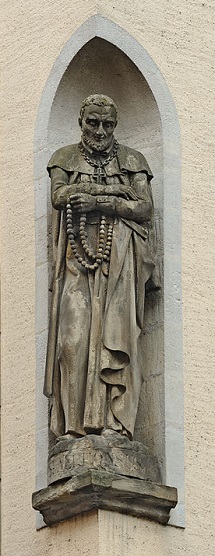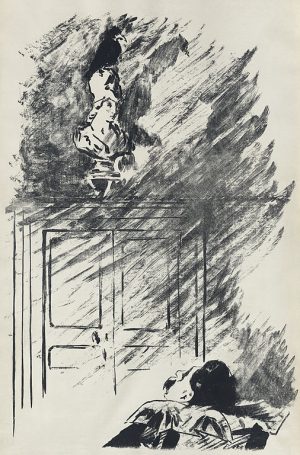The Spring and Autumn Annals and the Gongyang Commentary
The Spring and Autumn Annals is one of Confucianism’s Five Classics, and like the Book of Documents is a work of history, in this case chronicling the history of the state of Lu, Confucius’ home state, from 722-481 B.C. However, whereas the Documents is, as the title indicates, a collection of speeches, decrees, and the like, the Annals is a chronology. It should take just one excerpt to give one an idea of the book, so from the very beginning, the first year of Duke Yin’s reign (722 B.C.):

